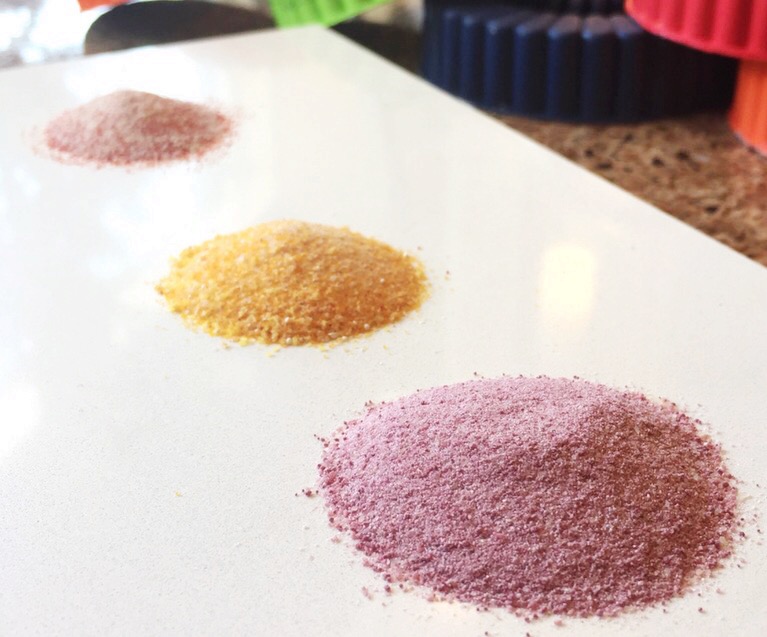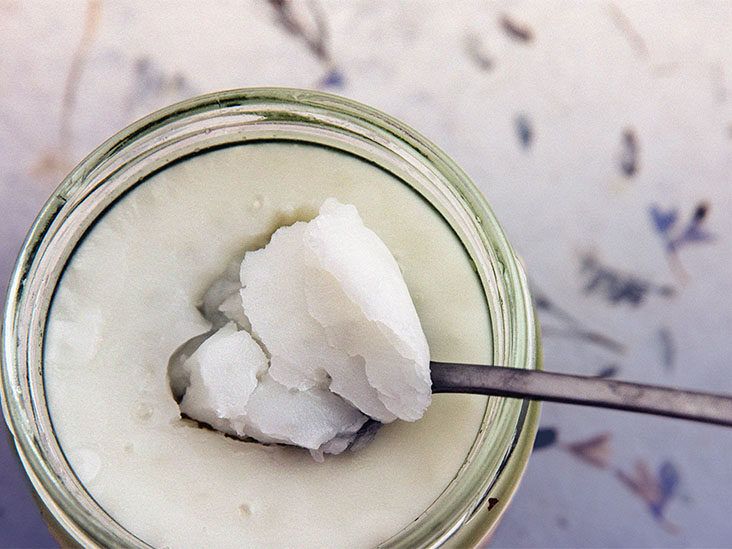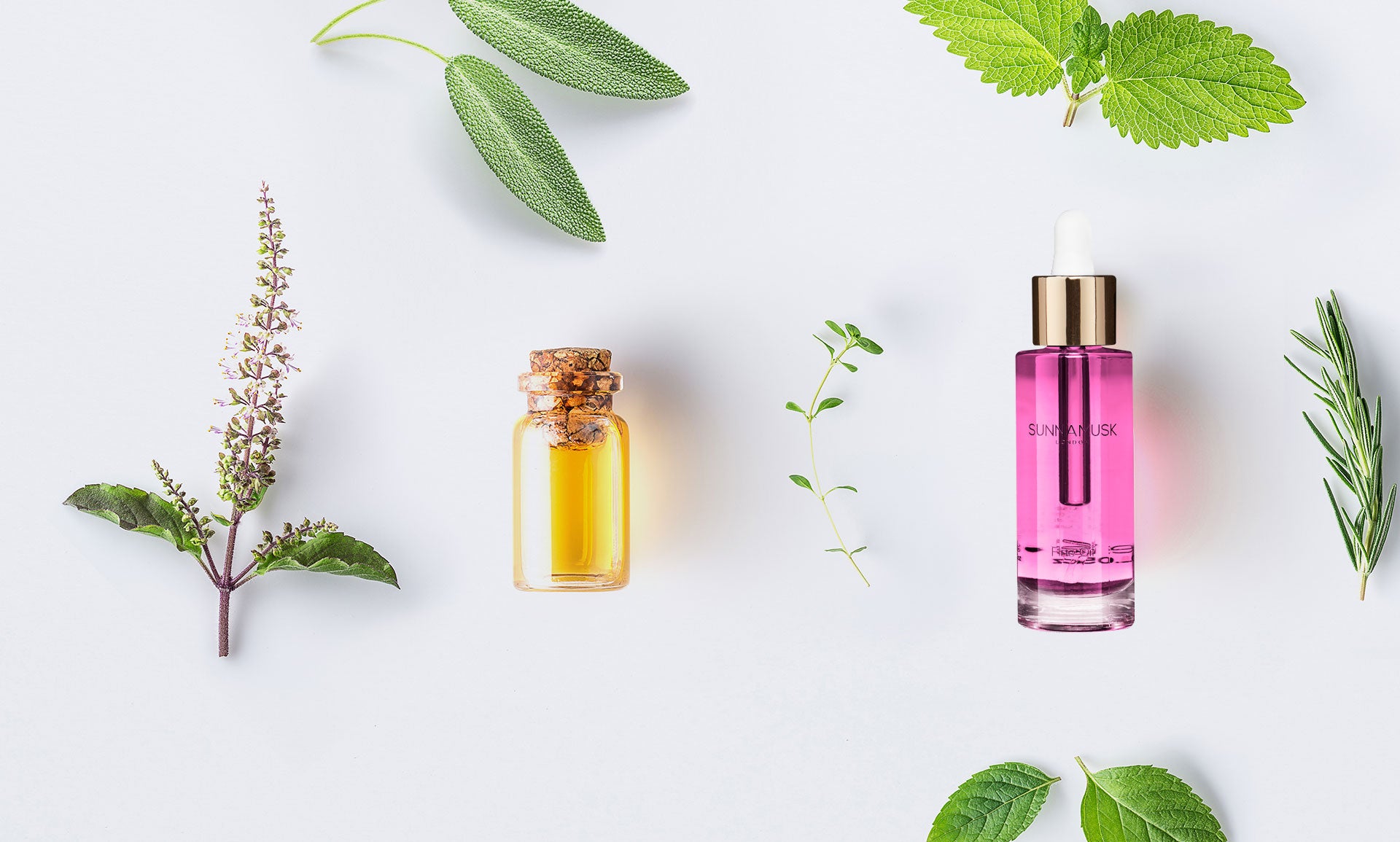Nebulisers are an excellent way to enjoy the therapeutic benefits of essential oils in their full potency. These devices diffuse the oils into the air, allowing us to breathe in the benefits of each oil. However, not all oils are suitable for nebulisation. Some of the oils can actually damage the nebuliser, reducing the effectiveness of each subsequent diffusion, or even pose health risks. In this article, we'll be exploring the types of oils we should avoid when using a nebuliser diffuser, and offer guidance on selecting the right oils for your aromatherapy needs.
![]()

What is a Nebuliser Diffuser?
A nebuliser diffuser is a electronic device that breaks down essential oils into fine mist, either using pressurised air or ultrasonic technology, without the use of water or heat. This ensures that the potency of the oils remain unchanged and allows for the user to enjoy the full therapeutic benefits of the oil.
Benefits of Using Nebulisers
Nebulisers provide a more intense diffusion as compared to the average diffusers. Not only are they more effective in larger rooms and areas with poor air circulation, they also allow users to enjoy stronger and more immediate effects from their essential oils.
Types of Oils Used
Nebulisers typically work best with pure essential oils. However, some oils may be better suited for nebulisation due to their volatility and consistency, such as lavender, eucalyptus, and citrus oils.
Characteristics of Oils Unsuitable for Nebulisers
Not all oils are ideal when it comes to nebulisers. There are several factors to consider when choosing oils for your nebuliser:

Viscosity and Thickness
Viscosity refers to the thickness or consistency of a liquid. Essential oils vary in viscosity and some may be thicker than others.
Thicker oils, such as carrier oils, are unsuitable for nebulisation because of their density to be broken down into fine mist. These oils can clog the nebuliser or create uneven diffusion, leading to an unsatisfactory experience.
![]()

Additives and Fillers
Many commercial essential oils contain additives and fillers to reduce their production costs or enhance its scent. These synthetic additives can negatively affect the nebulisation process, causing the oils to clog the nebuliser or reduce the purity of its aroma. It's important to choose oils that are 100% pure and free from artificial fragrances or stabilisers. If you're unsure, make sure to purchase from companies that are transparent with the ingredients they use and make sure that they are reliable.

Chemical Composition
Certain oils may contain compounds that might be reactive with materials in your nebuliser. For instance, oils with a higher level of acidity can cause damage to the internal components of the nebuliser. Always ensure that the chemical composition of the oils that you have are safe for nebulisation before using them.
Specific Oils to Avoid
Listed below are some oils that are unsuitable for nebuliser diffusers and should be avoided:

Heavy Carrier Oils
Coconut oil, olive oil, and other thick carrier oils are too heavy for nebulisation. These oils are often used to dilute essential oils for topical application and are not designed for diffusion. Their thickness can clog the nebuliser, disrupting its performance or breaking it in the process. If unsure, check with staffs on which oils are suitable for diffusion.

Oils with Synthetic Fragrances
Oils containing artificial or synthetic fragrances should be avoided if possible. These oils are chemically altered and often contain fillers that interfere with the nebuliser's nebulisation process, which can negatively impact your health when inhaled.
Oils Containing Allergens or Irritants
Certain oils like clove contain compounds that may irritate the respiratory system, particularly when diffused. These oils may cause allergic reactions or sensitivities, especially in individuals with asthma or respiratory conditions.

Citrus Oils
Oils like lemon and orange contain high levels of acidity. While they are effective in other types of diffusers, they can corrode the internal components of nebulisers and damage them over time, therefore its best to use them sparingly.
Consequences of Using Unsuitable Oils
There are several negative consequences when you use oils that are not compatible with your nebulisers:
Damage to Nebuliser Components: The oils may clog or corrode certain parts of the nebuliser, leading to deteriorating performance or even permanent damage.
Ineffective Diffusion: As unsuitable oils will not be diffused properly, the therapeutic benefits of the oils would not be effectively diffused into the air.
Health Risks: Some oils, particularly those that contain synthetic chemicals or allergens, can use respiratory irritation or allergic reactions which makes them unsafe for inhalation.
Best Practices for Selecting Oils for Nebulisers
To ensure efficient and safe diffusion, follow these practices when selecting for oils:
Recommended Oils
Look out for 100% pure essential oils, such as lavender, peppermint, or frankincense. These oils offer numerous health benefits, and are also safe for nebulisation.
Avoid oils with fillers, these oils may reduce the purity and effectiveness of the oil.
Reading labels and Understanding Oil compositions
Make sure to always check the labels, ensuring that the oils are pure and suitable for diffusing before using them. Look for information on whether the oil is intended or suitable for nebulisation. If it contains any additives, it may interfere with the diffusion process.
Avoid oils with high acidity. Look for oils that are known for their stability and non-reactive nature.
Importance of High-Quality Oils
High-quality oils from reputable suppliers ensure that the oils are safe, pure, and free from harmful additives. Investing in good-quality oils help to protect your nebuliser and maximize the effectiveness of your aromatherapy sessions.
When it comes to nebulisers, selecting the right essential oils is crucial for both health and the performance of our devices. Avoid oils that may damage the device, such as thick oils, those with synthetic additives, and potential allergens. Instead, opt for pure, high-quality oils as they are safe for nebulisation and would enhance the experience.
If you're curious to learn more about nebulisers, visit our store for high-quality products, and check out our blog for more tips on safe and effective diffusion. Start using the right oils for your nebuliser today and experience the benefits of the oils!


